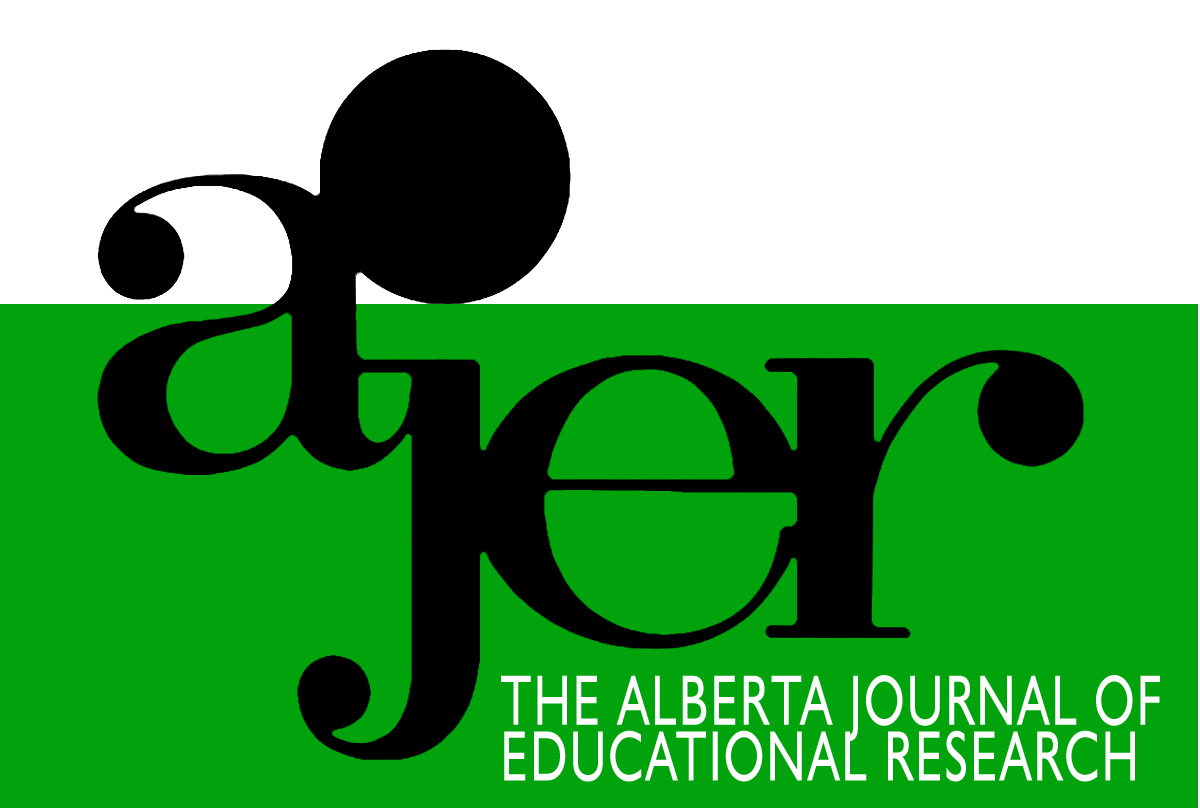The Effects of a School-Based Program on the Reported Self-Advocacy Knowledge of Students With Learning Disabilities
DOI:
https://doi.org/10.55016/ojs/ajer.v57i2.55476Keywords:
Self-advocacy knowledge, students with learning disabilities, school-based interventionAbstract
A school-based study examined self-reported self-advocacy knowledge of middle school students with learning disabilities (LD). Children with LD are vulnerable to experiencing psychosocial and academic problems. Self-advocacy is a protective factor as students with LD enter middle and high school, comprising knowledge of one’s learning strengths and LD; awareness of one’s rights and responsibilities; awareness of accommodations needed; and ability to communicate one’s learning needs and required accommodations. The students reported increasing their ability to advocate for themselves. Results underscore the importance of adults such as teachers and parents discussing LD and associated issues with children and youth.Une étude en milieu scolaire a examiné les perceptions qu’avaient des élèves à l’école intermédiaire ayant des troubles d’apprentissage par rapport à leur autonomie sociale. Ces élèves sont à risque de souffrir de problèmes psychosociaux et académiques. L’autonomie sociale constitue un facteur de protection quand les élèves ayant des troubles d’apprentissage commencent l’école intermédiaire ou secondaire. Elle implique la connaissance de ses forces académiques et de ses troubles d’apprentissage; la conscience de ses droits et ses responsabilités; la conscience des accommodations nécessaires; et la capacité de faire connaître ses besoins en matière d’apprentissage et d’accommodations. Les élèves ont indiqué qu’ils se sentaient mieux en mesure de se défendre. Les résultats soulignent l’importance pour les adultes comme les enseignants et les parents de discuter de troubles d’apprentissage et d’enjeux qui s’y rattachent avec les enfants et les jeunes.
Downloads
Issue
Section
License
UNIVERSITY OF ALBERTA COPYRIGHT LICENSE AND PUBLICATION AGREEMENT
If accepted, authors will be asked to sign a copyright agreement with the following points:
A. Where there is any inconsistency between this Copyright License and Publication Agreement and any other document or agreement in relation to the same subject matter, the terms of this Agreement shall govern.
B. This document sets out the rights you are granting in relation to publication of your article, book review, or research note entitled (the “Article”) through inclusion in the academic journal titled Alberta Journal of Educational Research (the “Journal”) published through the Faculty of Education, representing the Governors of the University of Alberta (the “Journal Editor”).
C. There will be no payment to you for this publication and grant of rights. In consideration of the agreement to publish the Article in the Journal:
1. You are warranting that:
- the content of the Article is your original work, and its content does not contain any material infringing the copyright of others; or, where the Article is not entirely your original work, you have obtained all necessary permissions in writing to grant the rights you are giving in this agreement;
- the content of the Article does not contain any material that is defamatory of, or violates the privacy rights of, or discloses the confidential information of, any other person;
- the Article has not been published elsewhere in whole or in part, and you will not allow publication of the Article elsewhere without the consent of the Journal Editor;
- the names of all co-authors and contributors to the Article are:
2. You agree to license the copyright in the Article to the Journal Editor, on a worldwide, perpetual, royalty free basis; and to the extent required by the terms of this agreement. You shall retain the right at all times to be acknowledged as the/an author of the Article.
3. You further agree that the Journal Editor has the entitlement to deal with the Article as the Journal Editor sees fit, and including in the following manner;
- The right to print, publish, market, communicate and distribute the Article and the Journal, in this and any subsequent editions, in all media (including electronic media), in all languages, and in all territories, ing the full term of copyright, and including any form of the Article separated from the Journal, such as in a database, abstract, offprint, translation or otherwise, and to authorize third parties to do so;
- The right to register copyright of the Journal;
- The right to edit the Article, to conform to editorial policy as the Journal Editor sees fit.
4. If any co-author or contributor to the Article does not sign this agreement, the Journal Editor reserves the right to refuse to publish the Article.



